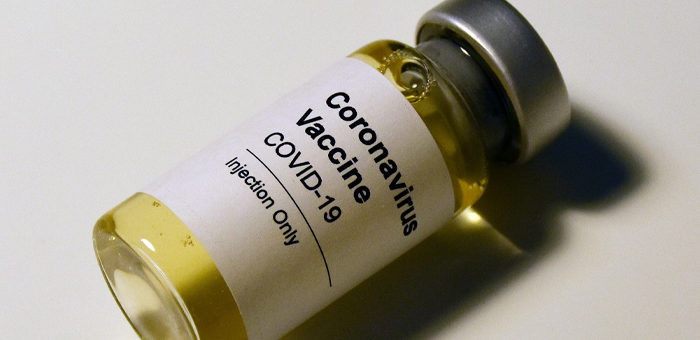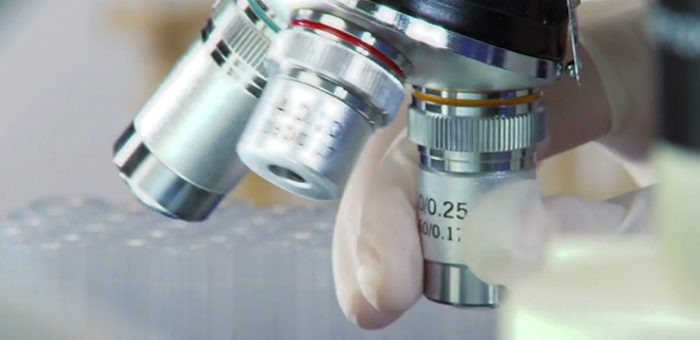Whereas developments in biotechnology, nanotechnology, and related fields, hold immense promise for medicine and the greater good of mankind and at the same time, they raise profound moral questions, since they these developments address the human physiological nature, granting a new control over our very genetic DNA make-up.
Whereas biotechnology is one of the many moral challenges we face in the twenty-first century and those who employ these new technologies may be tempted to treat human beings as commodities.
Whereas the National Association of Evangelicals declares it necessary to respond to this moral challenge by setting a clear framework addressing bioethics from an evangelical perspective within which ethical applications of these technologies can flourish for the good of mankind.
Be it resolved that the National Association of Evangelicals adopts the following guidelines as the core ethical and moral tenets regarding future research and application of biotechnology:
- Embryos constitute human life.
- All human beings are made in the image of God and given the breath of life by God alone.
- Respect for human dignity is paramount in the development of biotechnologies.
- Cloning human embryos, whether for research or reproductive purposes, must be prohibited.
- Inheritable genetic modifications [germline changes] must not be allowed.
- All bioethics research should be motivated by a desire for advancing the health of mankind and not for financial gain.
- Patent law must not allow for human embryos, genes, cells, and other tissues to become commodities.
- Genetic information is private to the individual and must never be the basis for discrimination.
- Fundamental changes in human physiological nature using biotechnology, genetics, nanotechnology, artificial intelligence, and other means must be prohibited.
- Government funding for research on the ethical, legal, and social issues raised by these new biotechnology developments is essential and must include vigorous oversight and dissemination.
Adopted this 11th day of March, 2005



 View All Updates
View All Updates 









